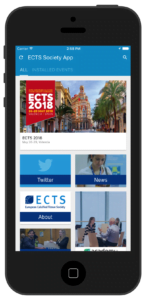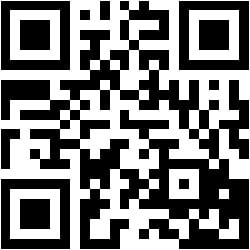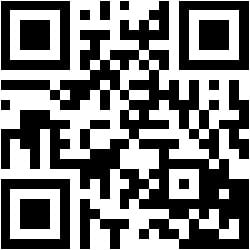
Scientific publishing has undergone a tremendous revolution. Until the late 90’s the first impact of a scientific publication was measurable approximately one to two years after publication and only visible as citation. Nowadays, many accepted articles are visible within days of acceptance and many journal may share the publication on facebook, linkedin, and twitter. Some journal formats, for instance PLOS and Frontiers journals, trace how often a publication is downloaded, tweeted, re-tweeted and, more in a traditional way, how often it is cited. This alternative counting of such diverse exposure of research, is called altmetrics. Every additional exposure to our work can assist in visibility, for instance for our research institute or for grant proposals. Is it worthwhile doing so? In a series on standard metrics for measuring research impact, David Crotty, Educational director of Oxford Univeristy Press, has listed some thoughts about Altmetrics. According to Crotty, Altmetrics is by no means a measurement of quality. Regularly, they reflect a broader societal interest, such as articles that may be of less quality but appeal to a broad audience such as the drinking behavior of James Bond. Sharing on social media is by no means an indication of how often the article is read. Apparently, the average page-view on the internet is approximately 15 seconds. On the other hand, it is also a societal task for us as researchers to convey complex bone research to a broader audience. One such opportunity is Science Trends, where I recently tried to explain the value of cells from extracted teeth for bone research to a more general audience. You can check it out at this link. Feel free to first read and then share on social media. The web offers us a wide range of opportunities to propagate our work. However, we should remain critical, as David Crotty ended his commentary. “In an age of information overload, more filters are greatly welcome, and while development of new metrics will continue, I suggest that we should remain skeptical, both of any process that relies upon them too heavily, or the idea that there is some magical perfect measurement out there that can tell us everything we need to know.”

 Download the app now and explore ECTS new mobile platform!
Download the app now and explore ECTS new mobile platform! iOS
iOS  Android
Android